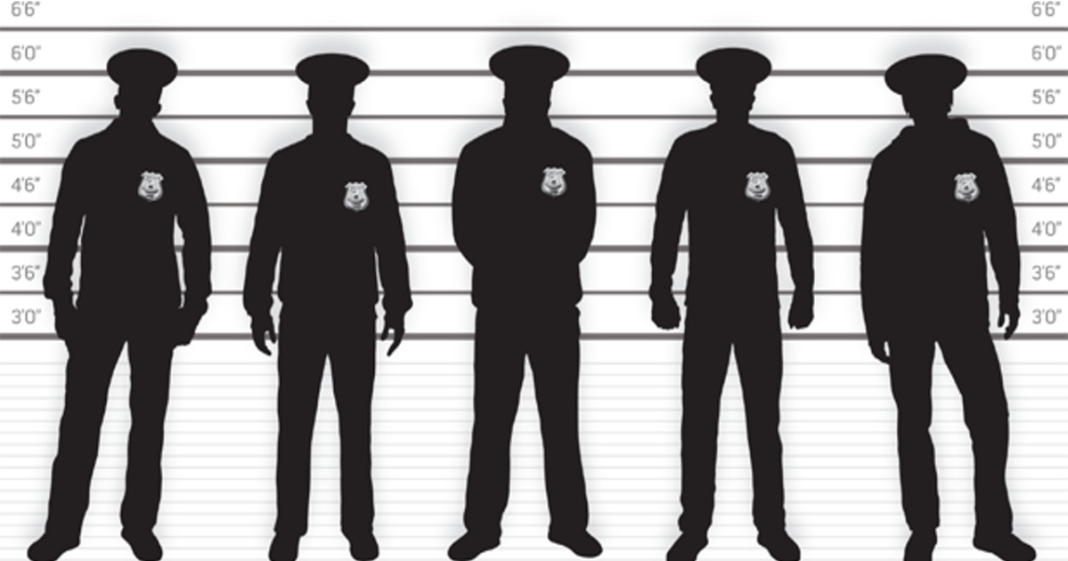In recent years, the widespread issue of sexual harassment, assault, and abuse on women by on-duty cops has come to light, but even after departments were forced to admit the validity of this epidemic, the problem persists.
After Daniel Holtzclaw, a former Oklahoma City police officer, was convicted on 18 counts of sexual assault, an AP investigation was published identifying 1,000 cases spanning six years in which officers lost their badges for on-duty sexual misconduct. An investigation published the same month and conducted and reported by Buffalo News reported 105 “new and credible” cases that year alone.
The pervasiveness of the problem is no secret among precincts. Over five years ago the International Association of Chiefs of Police published a series of recommendations to help reform the police culture they feared might permit these atrocities. However, years passed and the guidelines remained largely ignored, fostering an environment that puts women at risk from the very people sworn to protect them.
While the statistics on reporting rapes are already low, victims of sexual aggression by police officers are even less likely to come forward, and many that do fail to see justice. On-duty behavior almost always falls under the umbrella of internal discipline, meaning officers are often being examined and disciplined by their friends and peers, an obvious open-door to mismanaged investigations.
While a small number of offending officers face jail time, others have punishments as minor as transfers or pay docks, while the many departments lacking policies regarding sexual misconduct don’t even provide outlined methods of investigation or discipline and are free to deal with reports on a case-by-case basis.
Penny Harrington, former police chief from Portland, Oregon commented on the continuing issue,
“It’s a minority of officers who do this kind of thing,” she says. But “there is this culture in law enforcement … you don’t tell on your buddies, and you become so insular and isolated. You get so bought into this police culture — this macho, very often sexualized culture — and you don’t see anything wrong with it. It’s like as a badge of honor, how many women in the community you can have sex with, and the younger the better.”
This unacceptable epidemic in abuse of power and brutality against women is the exploitation of a broken system by bad people, and despite irrefutable evidence that major changes are needed to ensure the safety of civilians, action has yet to be taken. Until it does, more victims will suffer while their assailants hide behind a gun and badge.




